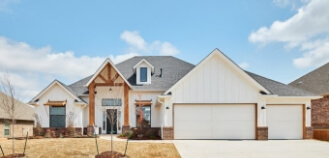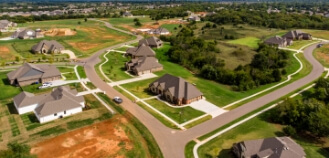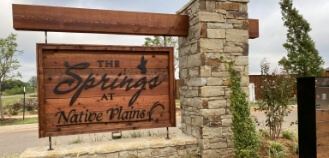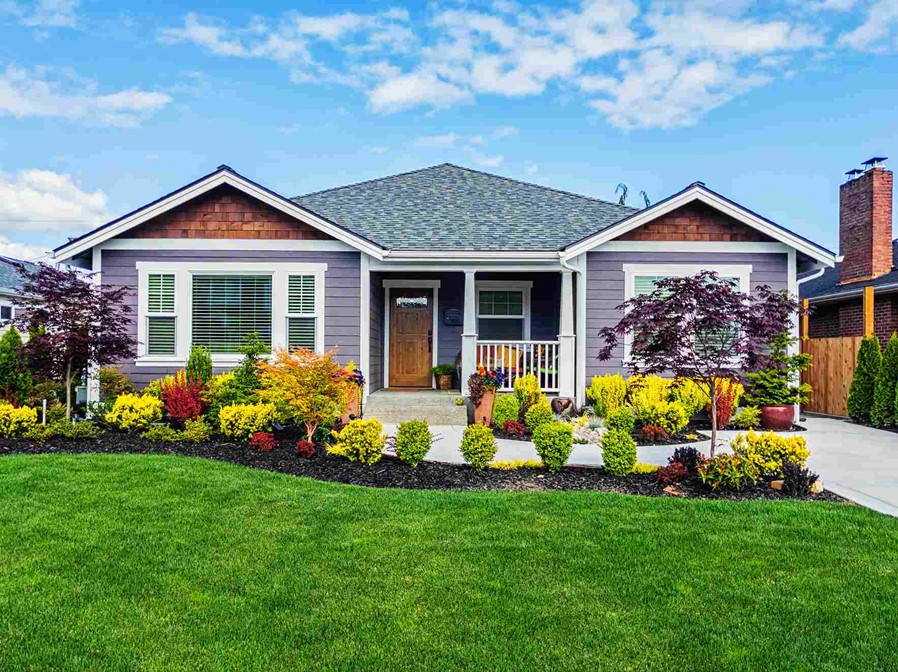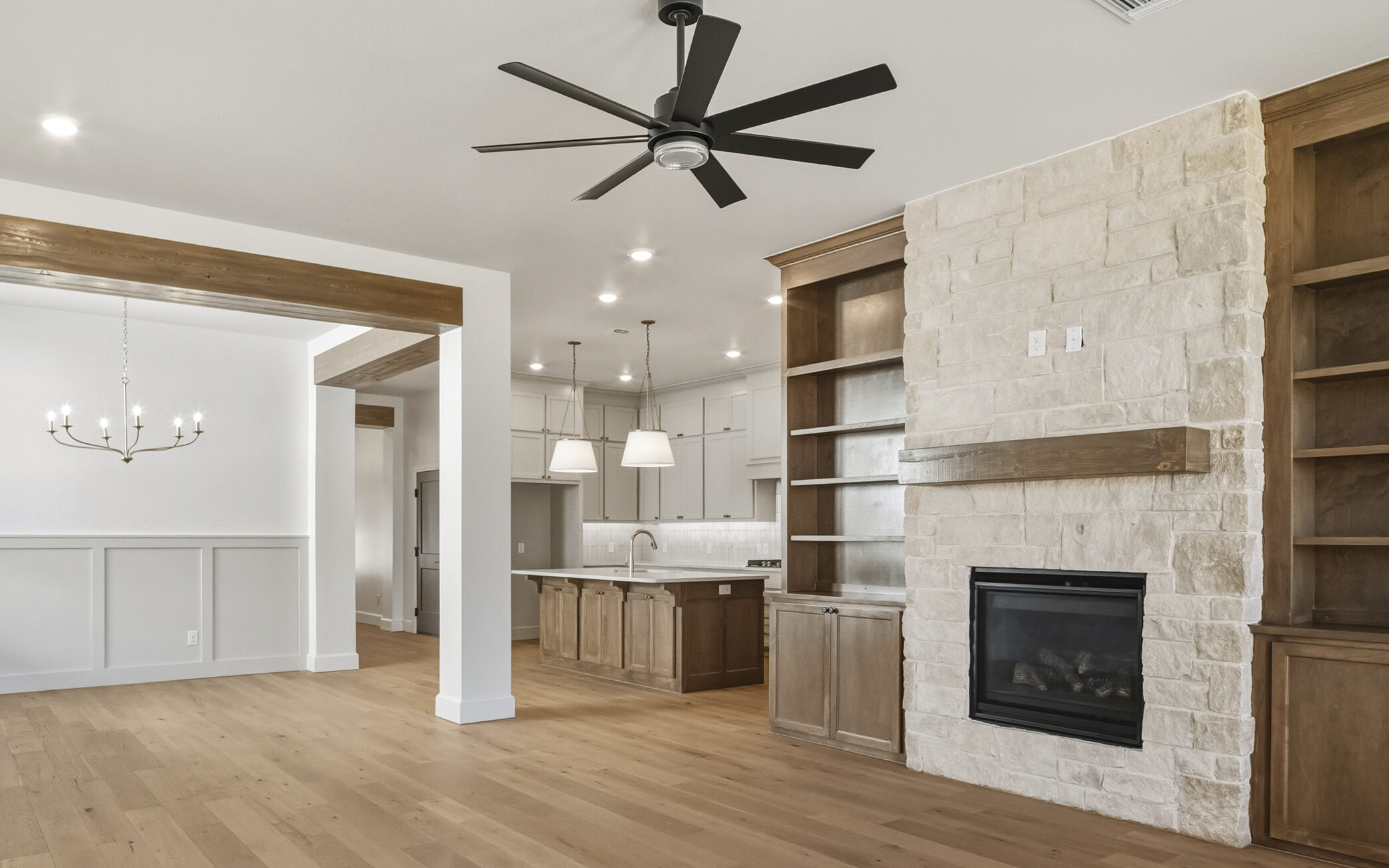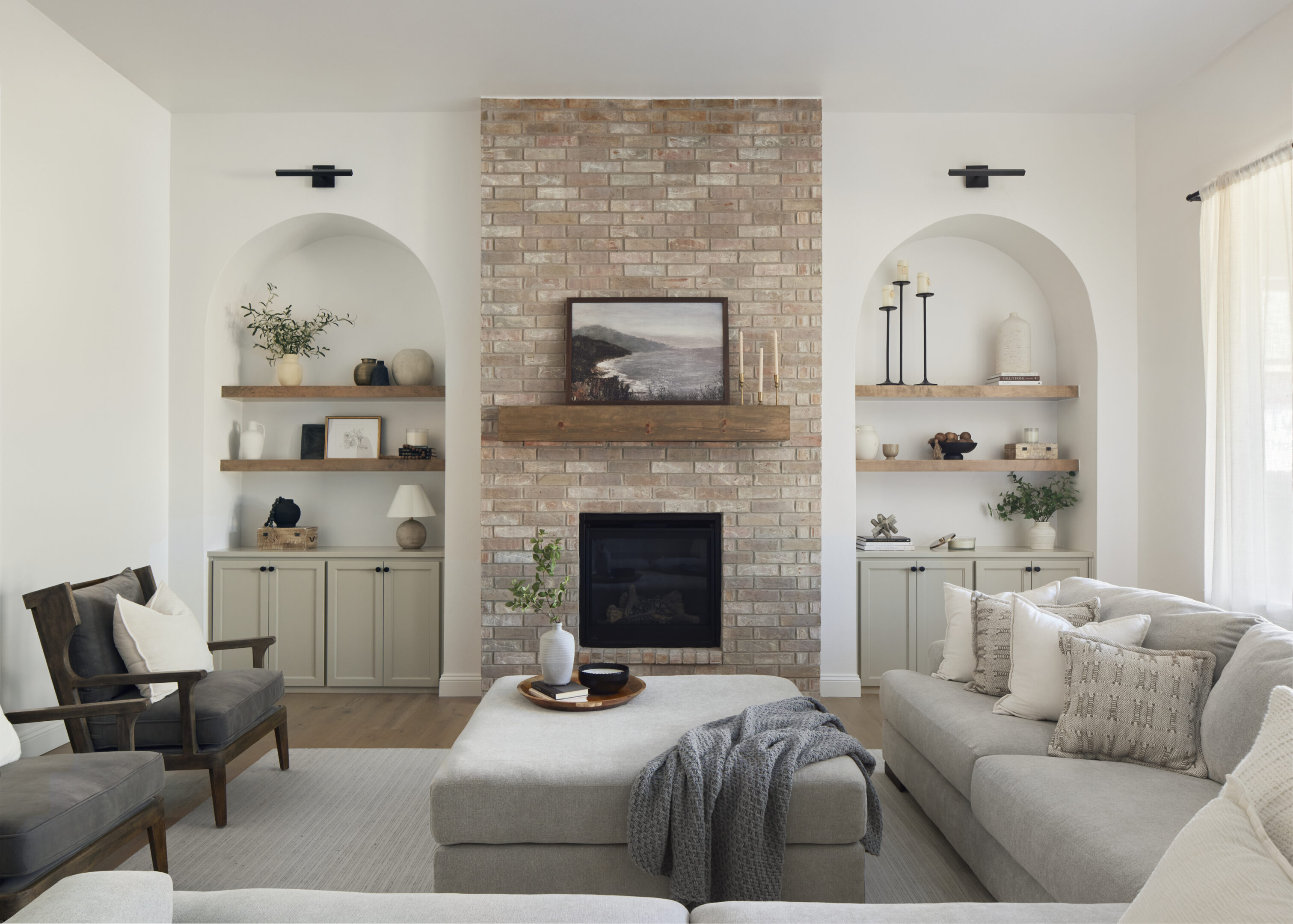What Should You Know Before Building a Home on a Rural Lot?
At Landmark Fine Homes, we understand the unique appeal of rural living — wide-open spaces, natural beauty, and an unmatched sense of peace. However, building your dream home on a rural lot in the Oklahoma City Metro Area requires careful planning and expertise. From ensuring access to utilities like water, electricity, and sewage systems to navigating zoning laws and land use regulations, there’s a lot to consider. Additionally, soil quality, drainage, and road access can impact your home’s construction process and long-term functionality. That’s why our team is dedicated to guiding you every step of the way, ensuring no detail is overlooked. With Landmark Fine Homes, building on a rural lot becomes seamless and rewarding. Please keep reading to find out what you should know before you build a home on a rural lot.
Rural Landing Zoning Regulations
Understanding rural land zoning regulations is essential when building a home in a rural area because they dictate how the land can be used and developed. These regulations can determine the types of structures you're allowed to build, minimum lot sizes, and restrictions on agricultural or commercial activities on the property. Failing to comply with zoning laws can lead to costly delays or modifications to your home-building project. By thoroughly researching and adhering to local zoning requirements, you can avoid unnecessary complications and ensure your home aligns with the area's rules. Landmark Fine Homes' professional planning promotes a smoother building process and protects your investment for the future.
Access to Utilities in Remote Areas
Access to utilities is a critical consideration when building a home on a rural lot. It can significantly impact the construction process and long-term livability. Unlike urban or suburban areas, rural lots may not always have existing access to essential services like electricity, water, or sewage systems. Some lots might already include utility connections. However, you’ll need to arrange for well drilling, septic installation, and electrical hookups in many cases. These essential utility services can be costly and time-consuming to establish. Careful planning and consultation with our seasoned professionals can help identify utility access needs and ensure your rural home is fully equipped from the start.
Septic and Well System Installation
When building a home in a rural area, installing a septic system and well system is often essential to ensure your property has a reliable water supply and wastewater management. It’s crucial to plan and start these installations early in the building process, ideally before or during initial construction. A well system involves drilling to access underground water sources and then installing a pump and plumbing to the home. Simultaneously, a septic system requires excavation to install a tank and drain field for efficient waste processing. These steps require permits and expertise, so working with qualified professionals like Landmark Fine Homes is crucial for success.
Rural Home Design Considerations
When designing a home on a rural lot, thoughtful consideration of the environment and practicality is vital. Incorporating energy-efficient features like solar panels not only reduces utility costs but also ensures sustainability in remote locations. Home orientation should collect the most natural light and passive heating possible while maintaining the surrounding area's scenic views. Additionally, designing a mudroom can be beneficial for those living in rural areas, where outdoor activities often lead to muddy boots or equipment. Outbuildings, such as barns or workshops, can be tailored to fit the property’s needs. Durable, low-maintenance materials for siding and roofing ensure long-term resilience against harsh weather conditions.
Environmental Impact and Sustainability
Researching and incorporating environmental impact and sustainability considerations into your rural home design and build isn't just a thoughtful choice — it may also be a regulatory requirement. Local, state, or national regulations often mandate assessments to ensure minimal disruption to ecosystems and proper resource management like water and energy. By conducting thorough research on sustainable practices, such as utilizing native landscaping to conserve water or choosing environmentally friendly building materials, designers can create efficient and compliant homes. Integrating renewable energy systems, such as solar or geothermal, further enhances long-term sustainability while aligning with environmental regulations and goals.
Learn More With Landmark Fine Homes’ Help
Landmark Fine Homes will gladly design and build your new home in a rural community with all the aforementioned considerations included in the process. Our company proudly serves many Oklahoma City metro area communities, including Norman, Edmond, Moore, Mustang, Piedmont, Deer Creek, Choctaw, Guthrie, Yukon, Noble, Tuttle, Newcastle, Oklahoma City, Goldsby, and Purcell. We’ll ensure your new home has all the features and design touches you need for a perfect domestic life. Connect with us today to create an ideal home in a rural, suburban, or urban neighborhood.

